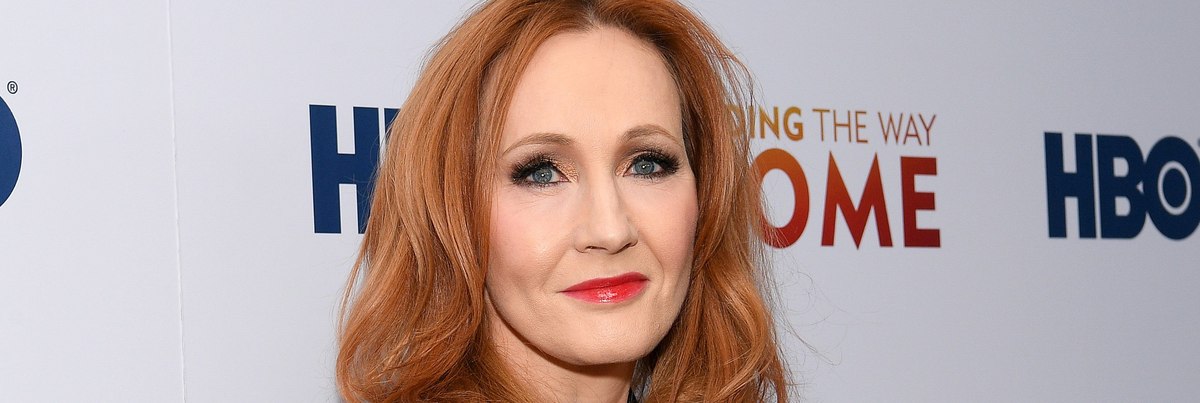The first day of the Republican National Convention featured speeches from a variety of politicians and public figures, a number of whom spoke about the dangers of so-called cancel culture.
Polling indicates that this issue could be ripe for Republicans.
Over half (56%) of Americans think that cancel culture -- defined as a form of boycott in which an individual (usually a celebrity) who has said something that offends some people is called out and shunned --- in the United States is a very big (28%) or somewhat big (28%) problem, according to a July 2020 survey from Yahoo News and YouGov.
To find out more about why people feel this way, YouGov posed the same polling question to YouGov Chat users. This extended chat-based survey reached 1,452 US adults and offered open end questions that help researchers find out a little bit more about the public’s feelings on cancel culture. It’s important to note that the results from the chat are still raw and unweighted.
One user wrote: Cancel culture prohibits free speech and sharing ideas. You can’t have a decent and civil conversation with people anymore out of fear of the mob.
Among those who believe cancel culture is a problem, many in this chat wrote in some variation of the idea that cancel culture impedes on free speech.
It takes freedom of speech away from Americans that don’t agree with the masses on social media. It prevents difficult conversations from being had, mainly because there are those that don’t want to hear logic and reason. It also goes back into people’s pasts to find reasons to “cancel” them, there is no redemption or second chance.
The above quote from a YouGov chat user also reflects a concern that many others shared: the idea that cancel culture doesn’t take into account redemption and the ability to learn from one’s mistakes. Several users shared their belief that people should not be canceled without the chance to apologize or explain.
Everybody makes mistakes and we need to give people the opportunity to explain themselves and apologize. Cancel culture is toxic and it ruins lives.
But not everyone agrees. About one in eight (13%) people in the Yahoo News/YouGov poll taken before the chat was fielded say that cancel culture isn’t a problem, while 31 percent say it’s a small problem.
When we probed YouGov chat users that didn’t think cancel culture was a problem on why they thought that way, some said it was because they feel it’s appropriate to withdraw support when someone does or says something they find offensive.
One user wrote: Someone can say all the nasty, racist, anti-gay or anti-trans stuff that they want - but when they do, I am not obligated to like or follow them, to support them, or to buy their products.
A number of others wrote about the idea of accountability, and whether “cancel culture” is even an accurate term.
It isn't "cancel culture," it's "accountability culture." People are free to share whatever views they care to share - but when they espouse views that are harmful or hurtful to other people, having "views" does not insulate them from criticism. This is especially true when the views being shared are based only on some immutable characteristic such as race, ethnicity, gender, or sexual preference.
See the full toplines and crosstabs from the Yahoo News/YouGov survey.
---
Every day, members of YouGov Chat are asked to share their opinion on a topic in the news. We allow anyone to take part in these chats, and do not display or weight results in real-time. Instead, to make the experience informative but still interactive, the chat displays weighted data from other YouGov polls to show them how the rest of the country voted. This enables us to pose the question to all, while retaining data accuracy and validity when communicating results.
YouGov chat seeks to add to the ‘what?’ (the quantitative poll result) by finding the ‘why?” (qualitative open ends) in a member’s own words. Learn more about YouGov Chat here.
This Yahoo News/YouGov survey was conducted by YouGov using a nationally representative sample of 1,504 US residents interviewed online between July 11-14, 2020. These samples were weighted according to gender, age, race, and education based on the American Community Survey, conducted by the US Bureau of the Census, as well as 2016 Presidential vote, registration status, and news interest.
Image: Getty









